Contents
Page List
Guide

TRUE TRACKS
T ERRI J ANKE is an Indigenous lawyer of Meriam and Wuthathi heritage. In 2000 she set up a law firm, Terri Janke and Company, focusing on Indigenous Cultural and Intellectual Property (ICIP) law and commercial law. She has acted for Indigenous and non-Indigenous clients, artists, community-controlled organisations, government and corporates.
With the global information landscape shifting almost daily, Janke is here to help us all navigate not only the law, but the social norms, protocols and preferred language codes of the ever-expanding frontiers of Indigenous knowledge. Whether youre a black CEO making an encrypted ledger for an art co-op, or a white soccer mum making a multicultural Halloween costume, this book might spare you a lot of heartache down the track. The kind of book that stays on the dinner table for months, getting tea and curry stains across its pages during a lot of heated yarns. Tyson Yunkaporta
True Tracks provides an authoritative guide that simplifies complex laws and cultural protocols, providing examples for those working in many sectors to enact key principles for Indigenous engagement, including respect and self-determination. If you are principled in your daily life, then the principles outlined here will not be a challenge to you, rather, they will serve to enrich your work by and with Indigenous peoples. Anita Heiss
Terri Jankes book is the answer to the grand cultural theft perpetrated on Aboriginal and Torres Strait Islander peoples over more than two centuries. Terri is an expert in intellectual property laws and as she rightly points out they do not protect oral-based cultures, but in fact allow the taking of them. Throughout, Janke provides the answers to this dilemma for all Indigenous cultural producers in Australia, coherently and acutely addressed in a series of historical cases. Protocols, ethics and institutional responses are the key. While the denial of their intellectual and cultural property rights remains legally sanctioned, there is much that can be done to protect them. It begins with respect. Marcia Langton
Dr Terri Jankes True Tracks is a fantastic resource for understanding and engaging with Indigenous art, culture and traditional knowledge. Turia Pitt
A UNSW Press book
Published by
NewSouth Publishing
University of New South Wales Press Ltd
University of New South Wales
Sydney NSW 2052
AUSTRALIA
newsouthpublishing.com
Terri Janke 2021
First published 2021
10 9 8 7 6 5 4 3 2 1
This book is copyright. Apart from any fair dealing for the purpose of private study, research, criticism or review, as permitted under the Copyright Act, no part of this book may be reproduced by any process without written permission. Inquiries should be addressed to the publisher.
 A catalogue record for this
A catalogue record for this
book is available from the
National Library of Australia
ISBN9781742236810 (paperback)
9781742245270 (ebook)
9781742249834 (ePDF)
Cover design Debra Billson
Cover artwork Terri Butterfly Flowers Dreaming, 2020, by Bibi Barba.
Bibi Barba/Copyright Agency, 2021

Internal design Josephine Pajor-Markus
Printer Griffin Press, part of Ovato
All reasonable efforts were taken to obtain permission to use copyright material reproduced in this book, but in some cases copyright could not be traced. The author welcomes information in this regard.
This book is printed on paper using fibre supplied from plantation or sustainably managed forests.

CONTENTS
CULTURAL INFORMATION
I acknowledge the traditional owners of the lands and seas of Australia and thank them for the knowledge and cultural expressions. I acknowledge elders, past and present. I acknowledge the youth coming through who will keep our cultures strong.
In this book, I have referred to Indigenous Cultural and Intellectual Property (ICIP), and we have spoken to the people and groups about this representation. Any further use of this information by readers should only be done with consent.
I am grateful to my ancestors, Meriam and Wuthathi.
I also acknowledge the Bidjigal and Gadigal people, on whose lands I live and work, and where most of this book was written.
Language
The terms Indigenous, Indigenous Australians and Aboriginal and Torres Strait Islander are used throughout this book to refer to the First Nations peoples of Australia.
Cultural notice on the use of spelling of Indigenous community names
This book contains Aboriginal and Torres Strait Islander language words. I acknowledge that there are alternative spellings of names of Indigenous groups. Respectfully, I have used the spelling preferred by the people who I refer to in the book to enable them to describe themselves. Where the names are generally used, I have taken the most commonly used spelling, and in some cases noted a common alternative.
Warning
This book contains references to deceased Aboriginal and Torres Strait Islander people.
Some of the case studies describe content that is culturally sensitive and offensive. These are included to illustrate the behaviour that this book seeks to change. We have consulted with Aboriginal and Torres Strait Islander groups, who have given their consent for the inclusion of this material. However, Indigenous people should exercise care when reading the case studies.
Traditional Custodian notices
This book contains references to Indigenous Cultural and Intellectual Property. All rights to ICIP remain with the relevant Indigenous owners of the knowledge and cultural expression, and should you wish to use or publish any ICIP, you will need their permission.
Legal notice
The laws and policies cited in this book are current as at April 2021.
This book is not intended to be legal advice. If you require legal advice for a specific matter, seek professional legal advice from a qualified legal practitioner.
True Tracks ICIP Principles
The True Tracks model is protected by copyright and trade mark. If you wish to use this model, please contact Terri Janke and Company.
1
INTRODUCTION
In the early 2000s, I was invited to present a workshop in Cairns, Queensland, to speak about protecting Indigenous art and knowledge. I was returning to the town I was born, the place I had left as a child of eight. Growing up there, I had felt invisible a young black kid with few prospects. Now here I was, returning as a lawyer. In the audience were artists, lawyers, gallery owners and people from the local community. I had just started up my law firm in Sydney and was still finding my feet. I didnt have many clients at the time, and I was unsure if I was on the right track. There were ways law could help protect Indigenous knowledge, but there were still so many gaps.
After the workshop, the local newspaper and TV station interviewed me about protecting Indigenous culture. The next day, I got up early to catch a flight to the Torres Strait. To my surprise, when I opened my hotel door and looked down at the floor, I was on the front cover of the paper, branded a cultural crusader. I was shocked.

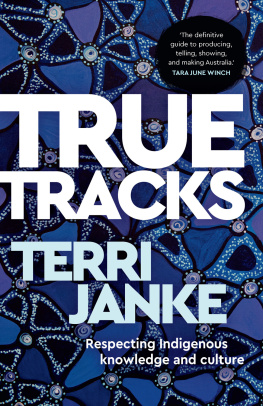


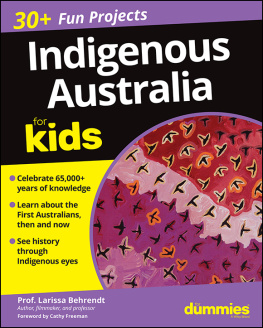
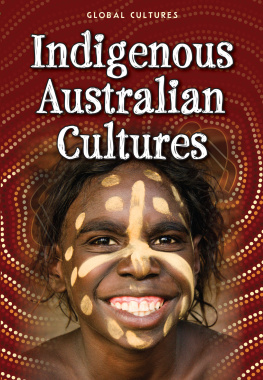
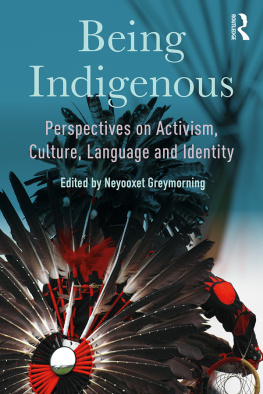
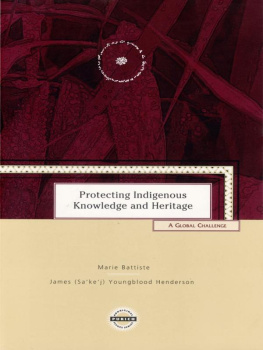
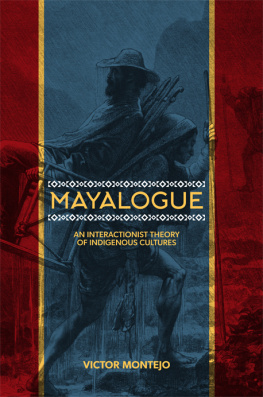

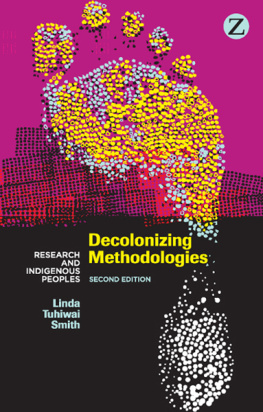
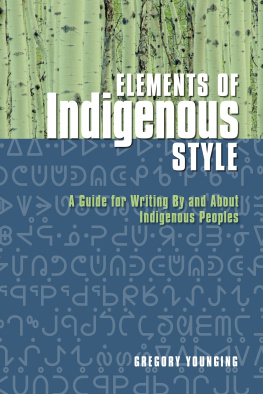

 A catalogue record for this
A catalogue record for this
